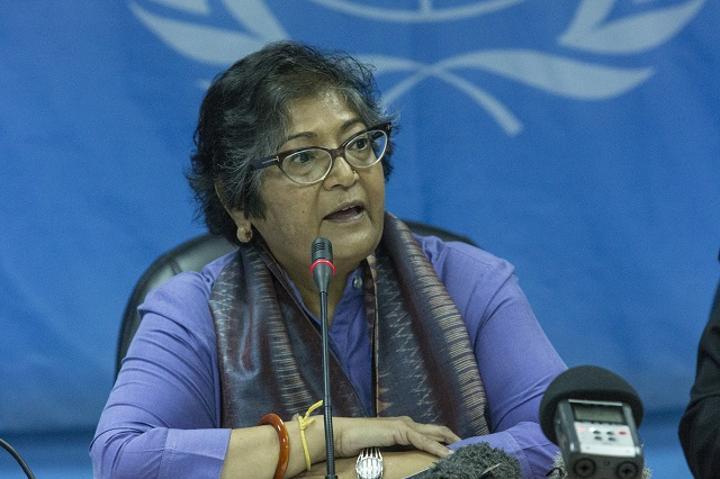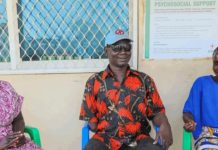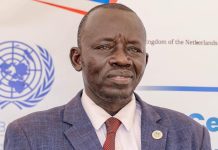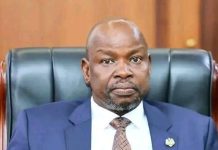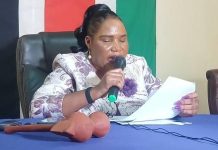Africa-Press – South-Sudan. A report released on Tuesday by the U.N. Commission on Human Rights in South Sudan stated that political elites have been accused of embezzling billions of dollars in oil revenue.
The report released on Tuesday alleged that they use these funds to fuel conflict, increase poverty, and worsen the humanitarian crisis.
The report, titled “Plundering a Nation: How Rampant Corruption Unleashed a Human-Rights Crisis in South Sudan,” reveals the extensive scale of this corruption.
It outlines how billions of dollars intended for national reconstruction have been misappropriated by government officials.
Based on two years of independent investigations, the U.N. Commission on Human Rights in South Sudan found that political leaders diverted oil revenue through opaque financial schemes and contracts linked to political interests, while millions of citizens lack basic services.
Yasmin Sooka, Chairperson of the U.N. Commission, stated that billions allocated for healthcare, education, and social programs have been redirected through unclear contracts and shell companies, leaving many without access to food, medicine, or security.
“Our report tells the story of the plundering of a nation: corruption is not incidental; it is the engine of South Sudan’s decline,” Sooka said in a statement released on Tuesday.
She said the report indicated that corruption is a key factor in South Sudan’s deterioration, with the ongoing suffering of civilians stemming from the misappropriation of public funds since the country gained independence in 2011
“It is driving hunger, collapsing health systems, and causing preventable deaths, as well as fueling deadly armed conflict over resources.”
Sooka noted that government oil revenues have exceeded $25.2 billion since 2011, which is substantial for one of the world’s poorest nations.
She noted that systemic corruption has ensured that the majority of oil and non-oil revenues do not reach essential services.
Barney Afako, a Commissioner of the U.N. Commission, stated that rather than using national wealth to benefit the population, political leaders have diverted revenues for personal gain.
“South Sudan’s ability to manage economic constraints, absorb shocks, and allocate resources to fulfil the human rights of citizens has been significantly impeded by corruption,” said Afako.
Carlos Castrensana Fernandez, another Commissioner, highlighted that these diversions lead to preventable deaths, widespread malnutrition, and exclusion from education.
“Three-quarters of child deaths are preventable — yet funds go to patronage and private pockets, not medicine or clean water and sanitation. Even as we speak, nepotism and kleptocracy in government are further entrenching,” said Carlos.
The report also identified specific corruption schemes, such as the ‘Oil for Roads’ program, which redirected an estimated $2.2 billion away from public budgets into political patronage networks.
This program involved Benjamin Bol Mel, the Vice President for Economic Cluster, whose companies reportedly failed to deliver on promised road projects.
Additionally, the report outlined issues with Crawford Capital Ltd in relation to non-oil revenue collections, noting that little of the taxes collected contribute to government budgets, while illegal levies impede crucial food aid efforts.
For More News And Analysis About South-Sudan Follow Africa-Press

